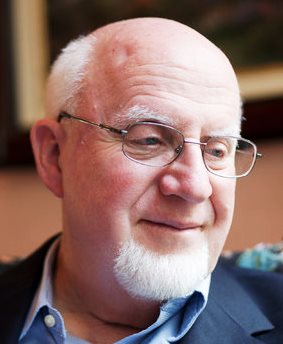
A gracEmail subscriber has read that Jesus played down the fact that he was the Messiah, particularly in the beginning of his ministry, and especially in the Gospel of Mark. Can I make any helpful comment about that?
* * *
A close reading of the first three Gospels justifies the generalizations referred to in this subscriber’s questions. Commentaries and other study books frequently refer to the “messianic secret” in Mark. Jesus’ reasons for this secrecy are uncertain, but they probably include the fact that by the time Jesus was born, the Hebrew title Messiah (Greek: “Christ”) was chock full of insinuations, political as well as spiritual. Indeed, political and spiritual mixed and overlapped in first-century Palestine so much that a person could scarcely think of either category without also thinking of the other.
The same risk attached to the use of the title Lord, which in everyday speech could be as unassuming as Sir, but in political terms referred unambiguously to the Caesar in Rome. And in Caesars reckoning, this world is not big enough for two Lords. This did not bode well for Christians, who confessed Jesus as the one Lord, although territory in his kingdom is measured by heartbeats rather than sections of geographical territory, and whose subjects give him their loyalty based on love and not on feardistinctions that the regime in Rome was neither able to recognize nor inclined to appreciate.
Was there a title anywhere, preferably with roots in the Jewish scriptures, that was still free of confusing content and uncontested by current claimants, a title that Jesus could fill with meaning of his own? The term Son of man was such a title, and it was the expression that Jesus chose for himself when he was ready to reveal to his disciples his own unique person and timetable and agenda.